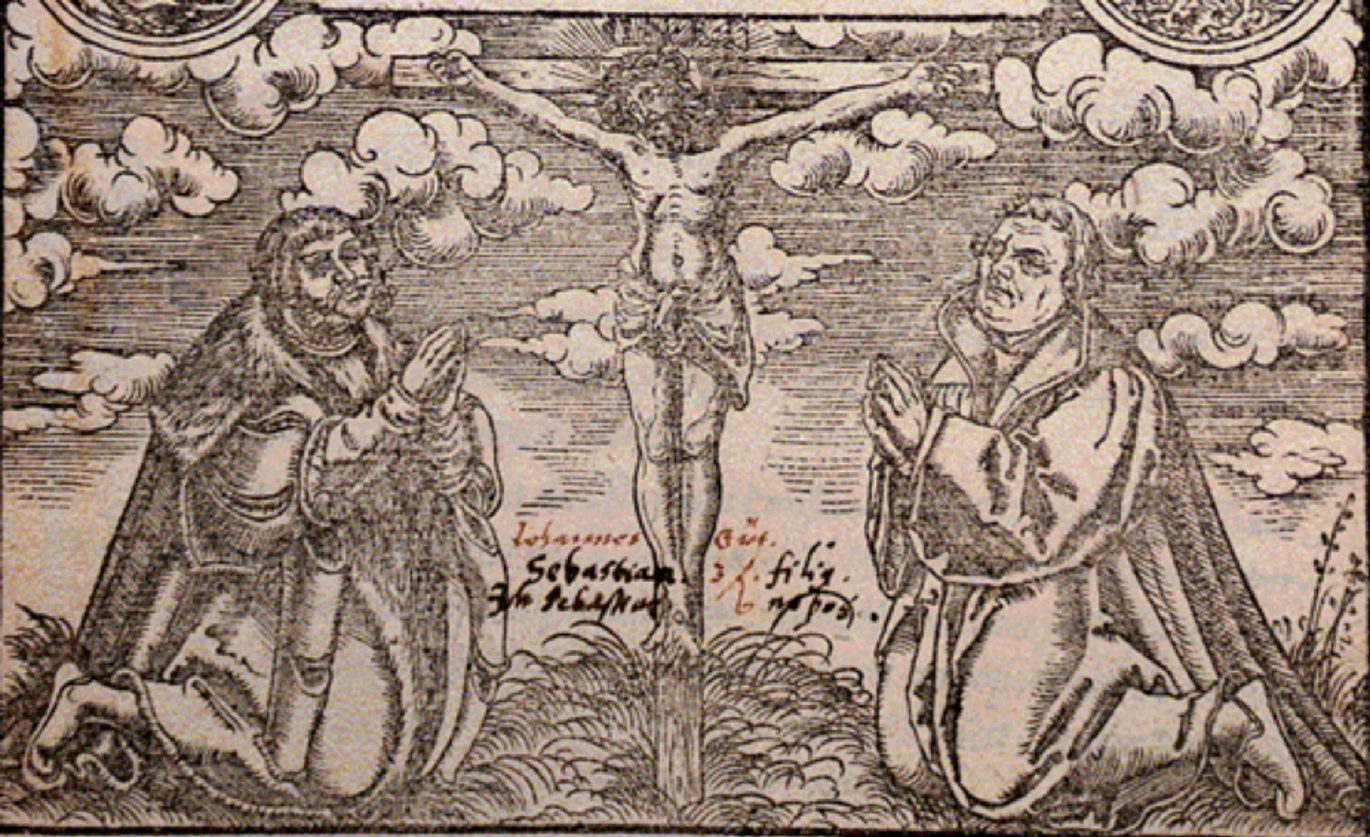How the Reformation refined a common European political ideal
In searching for a new theological language, the reformers found inspiration in the social philosophy of Seneca and Cicero. In particular, Seneca’s book De beneficiis inspired both the Lutheran understanding of grace and of political authority, especially in the idea of the benevolent ruler.

The idea of the benevolent ruler is not a Lutheran invention, because it goes back to ideas in Stoic political philosophy. However, the Lutheran Reformation gave these ideas a very fertile soil, with reformers integrating them into their own theology and making them central for the Lutheran world view.
Seneca and the Lutheran understanding of grace
Theologically, the most important influence of Senecan thinking upon Luther’s theology may be Seneca’s understanding of the character of benefits or favours and his idea that real benefits depend on the will of the giver rather than on the gift itself. The real benefit is not what is given, but the intention with which it is given – which lasts even when the benefit itself no longer exists. This idea builds the background for Luther’s distinction between grace and gift in his writing Against Latomus from 1521. Grace is not something that is infused in the believer, but the benevolence with which God meets the sinner.
Seneca and Lutheran creation theology
With regard to the world as God’s creation, remarkable convergences also exist between Luther and Seneca’s understanding of the benevolent God of nature. In Seneca’s De beneficiis, he let his reader be a sceptic doubting that the gods give gifts. Seneca answers by pointing at all the food and goods that are given through nature constantly, showing the benevolence of the divine being.
When Melanchthon wrote the first textbook on Evangelical theology, he combined the understanding of grace as God’s benevolence revealed in Christ with an understanding of God’s giving through the necessities of life. After explaining the doctrine of justification, he continues:
In this way, he who due to the Spirit judges the things of creation, he sees also the power of God, the author of such great things as well as his goodness. When he feels that, he receives life from the hands of the Creator, the life, the nourishment, and the child.
Luther used the same model when he explained the first article of faith in his Small Catechism from 1529, explaining creation in terms of all the things that sustain ordinary life: clothes and shoes, wife and children, field and cows. In addition, in his huge defence of the real presence of Christ in On the Lord’s Supper from 1528, he did two things of great importance for the Lutheran continuation of the political ideals of Roman philosophy: he understood the trinity as a threefold self-giving whereby God, the Father and Creator gave himself in the creation. However, Luther identified the presence of the creator in the creation, not only in the constant giving of the necessities of life, but also in the structures establishing and sustaining society. He could, therefore, reinterpret the idea of estates or orders in the temporal world. For Luther, there were basically three estates: church, household and state (political authority). He understood household, church and political authority primarily as functional orders in which God is present and shows his benevolence through earthly authorities.
God and role model for princes
In his De clementia Seneca reminds Nero that the gods are the best role models for an emperor, and that it would be wise to imitate their mildness. The reformers’ view is very similar. The princes have a divinely ordered role to play in caring for their subjects. When Seneca compared the emperor with good parents, there is an explicit connection to Luther’s understanding of worldly authority based upon the fourth commandment: honour your father and your mother.
Luther emphasised that princes distinguish themselves from other people because the actions of other people affect only themselves or a few others. Therefore, if princes are ruled by a gracious God, the result will be welfare for many – if not, it will be the ruin of many. In this way, the actions of princes in fulfilling their duties are parallel to God’s actions towards the world.
This line of social and political development is still in need of further investigation, but we can conclude that the new emphasis on divine self-giving through creation also gave the political authority an important function as an instrument of continuous giving within a society understood almost organically. In this way, an ideal of care for the common good that covered everyone was transferred to society. Lutheran political ideology gave the political authority both a religious base and huge obligations towards their subjects. The duties placed upon political authority sustained and expanded the general trust in society, not least in the form of confidence in a ruler taking responsibility for society as a whole. Perhaps we are still able to see traces of this in contemporary society. At this very moment, there seems to be a very tight connection between an understanding of the duties placed upon political authority, the responsibility for society that the political authority takes, and the general trust among citizens
If this is the case, one of the reasons might be the Lutheran refining of a common European idea of the common good.
Bo Kristian Holm, “Luther, Seneca, and benevolence in both creation and government,” in Apprehending love: theological and philosophical inquiries, eds. Pekka Kärkkäinen & Olli-Pekka Vainio, Helsinki: Luther-Agricola Society 2019, 287-306.
Risto Saarinen, “Luther and beneficia” in: R. Saarinen, Luther and the Gift. Spätmittelalter, Humanismus, Reformation 100. Tübingen: Mohr Siebeck 2017, 38-57.
